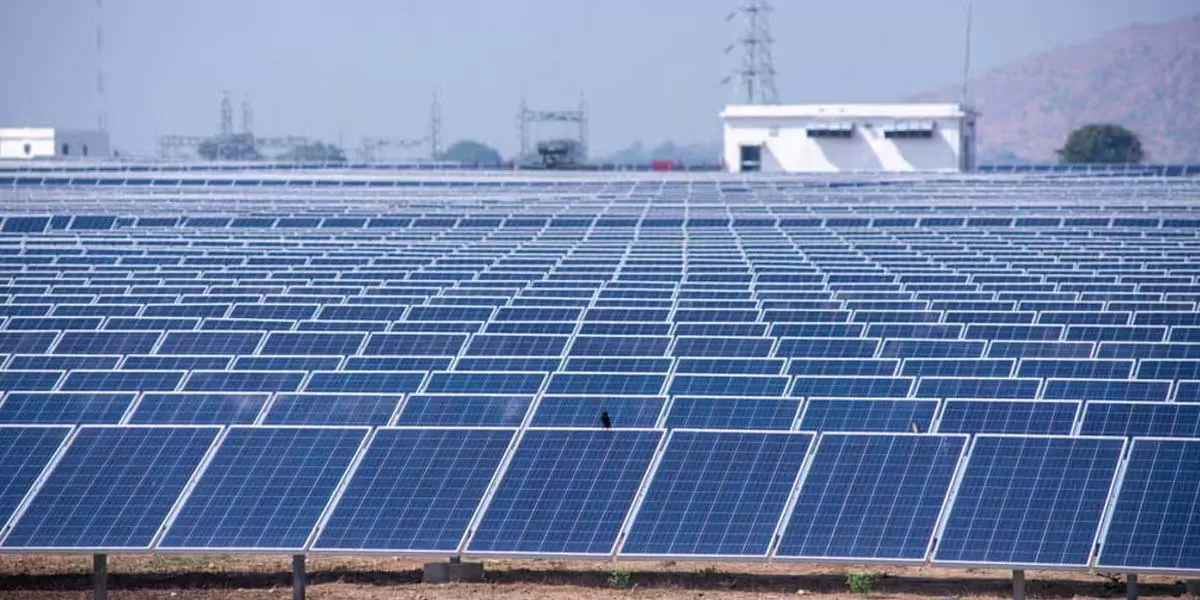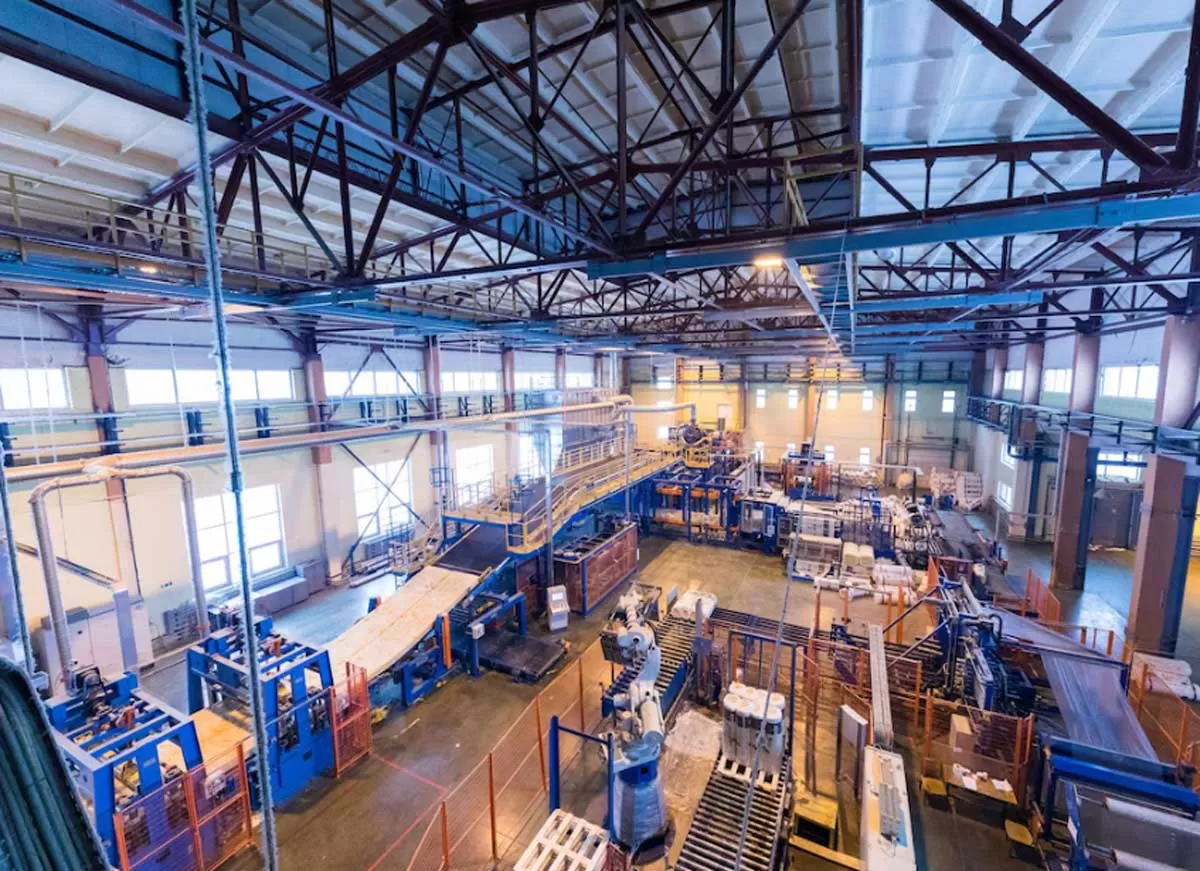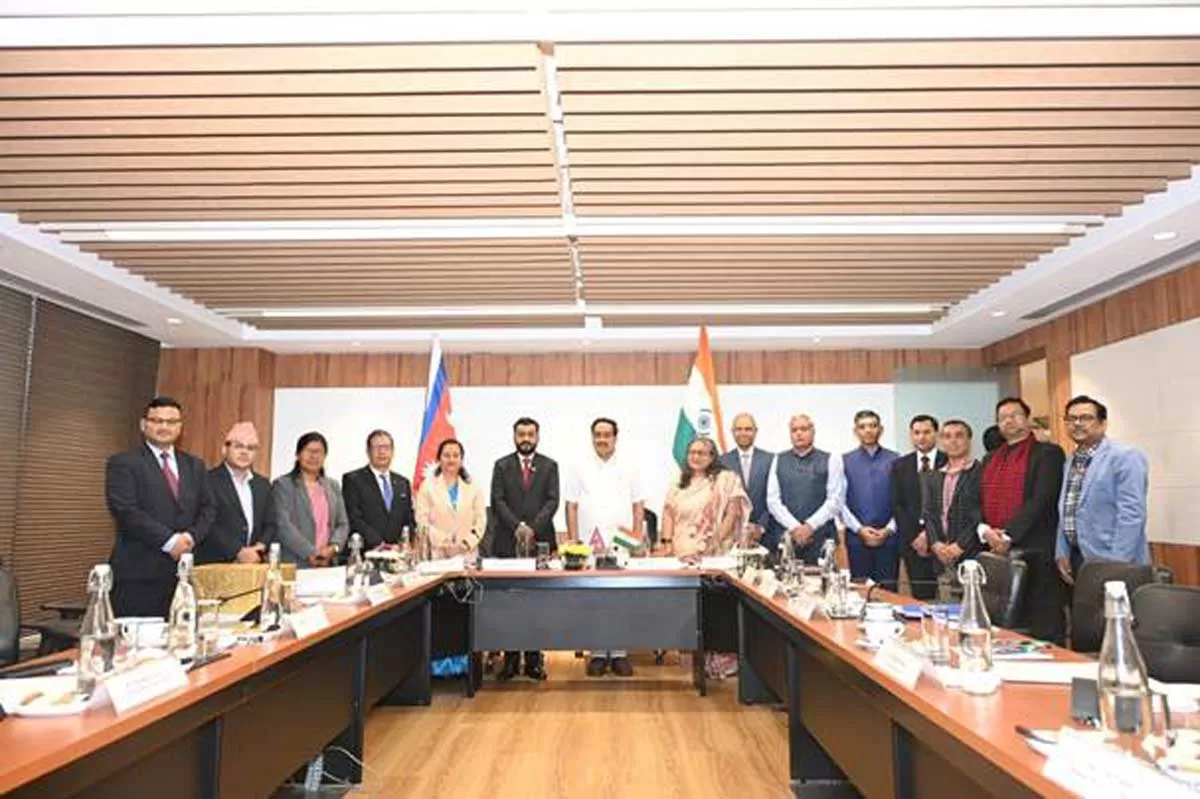
India to Mandate Local Solar Cells in Clean Energy by June 2026

Government Boosts PLI Budget to Speed Up Manufacturing
India's manufacturing sector is experiencing a significant transformation, driven by strategic government initiatives aimed at enhancing global competitiveness. A key pillar of this shift is the Production Linked Incentive (PLI) Scheme, which seeks to position India as a leading manufacturing hub by fostering innovation, efficiency, and industrial growth. The government has reinforced its commitment to domestic manufacturing by significantly increasing budget allocations for key sectors under the PLI Scheme for 2025-26. Several industries have seen substantial funding hikes, with allocations..

Retired Justice Wilson, Prof. Popovski Praise PM Gati Shakti for Transport
The PM Gati Shakti Experiential Centre at Bharat Mandapam stands as a remarkable representation of India’s technological advancement while celebrating its rich traditions. The high-tech centre in New Delhi offers an immersive experience showcasing India’s progress in logistics and infrastructure development. A delegation, including dignitaries from international institutions, visited the centre to gain insights into India’s innovative approach to transportation challenges. The Experiential Centre highlights the country’s commitment to sustainability, integrating modern infrastructure..

India and Nepal Sign MoU to Boost Cooperation in WASH Sector
The Governments of India and Nepal have signed a Memorandum of Understanding (MoU) to enhance cooperation in the Water, Sanitation, and Hygiene (WASH) sector, including waste management. The agreement was formalised at Sushma Swaraj Bhawan, New Delhi, in the presence of key officials from both countries. This MoU aims to strengthen collaboration between the two nations, focusing on improving access to clean drinking water and sanitation facilities. It establishes a structured framework for cooperation in several critical areas: - Capacity Building: Training programs will be organized for N..














